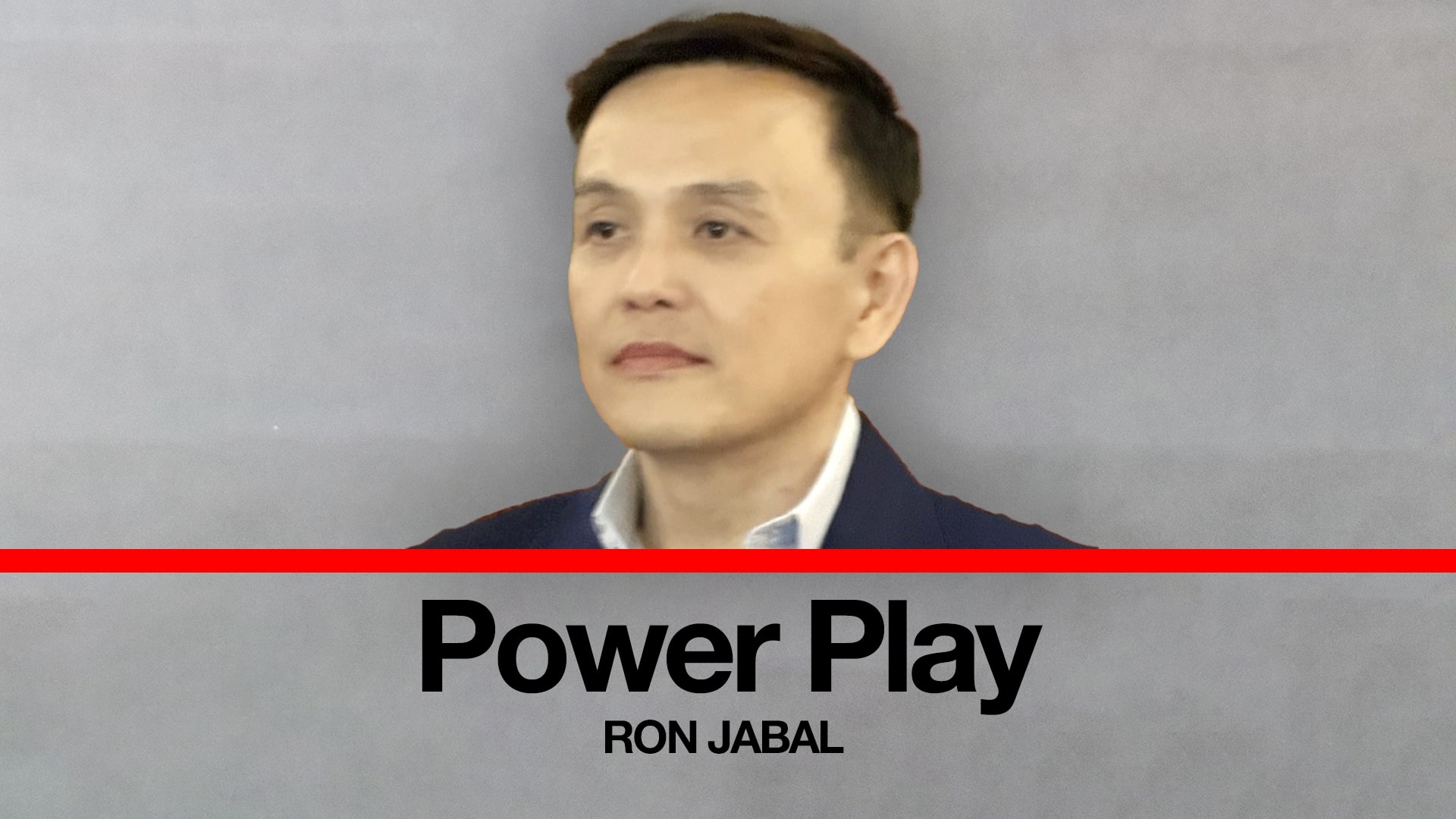E-wallets have become the bloodstream of Philippine digital life, fast, convenient, and indispensable. But convenience has a dark side, and nowhere is this more evident than in their role in fueling online gambling.
After a public outcry and pressure from both the Bangko Sentral ng Pilipinas (BSP) and legislators, major e-wallets quietly removed the visible links to gambling operators on their apps. On paper, this looked like reform. In practice, it was cosmetic.
Because here’s the truth: even without links, gambling platforms continue to use these e-wallets as money rails. Deposits and withdrawals flow seamlessly, only now with less transparency. The link may be gone, but the lifeline remains.
Government justifies this half-measure by pointing to the billions in licensing fees and taxes gambling generates for state coffers. PAGCOR trumpets revenues; some government officials cite funds supposedly channeled to social programs. But this narrative glosses over the other side of the ledger: households falling into debt, breadwinners pawning their salaries, families torn apart by addiction. The “earnings” government counts are offset many times over by the social costs borne silently by ordinary Filipinos.
The issue is not about erasing gambling altogether: that would be naïve. Why? Because gambling is deeply rooted in Filipino ways of life, from sabong to lotto. Because online gambling is borderless. Filipinos can always access offshore platforms with a smartphone. Because the state itself is hooked on the billions of pesos in tax revenues that gambling provides. And because prohibition rarely eliminates vice; it merely drives it underground, making it even harder to regulate.
What is realistic, however, is making access harder, not easier. Removing a link is not the solution; it is theater. Real reform requires cutting the pipelines that make gambling frictionless through e-wallets.
That means:
- Block at the transaction level. Blacklist gambling operator accounts and merchant codes so even manual transfers are blocked.
- Real-time monitoring. Use algorithms to flag suspicious high-frequency deposits or payouts linked to gambling wallets.
- KYC with teeth. Restrict or prohibit transactions to gambling operators unless a user is licensed and verified.
- Regulatory firewalls. BSP and PAGCOR must maintain a master list of prohibited gambling accounts that e-wallets are required to block.
- Penalty-backed compliance. Platforms that fail to cut off gambling transactions should face heavy fines or license suspensions.
Gambling revenues may pad government coffers, but they do so at the expense of households already on the brink. And when addiction is made frictionless by the very platforms meant to promote financial inclusion, the state has a duty to act.
E-wallets may have removed the link. But until they cut the lifeline gambling operators enjoy through their systems, this is not reform. It is an illusion. And the Filipino public deserves better than a show.









